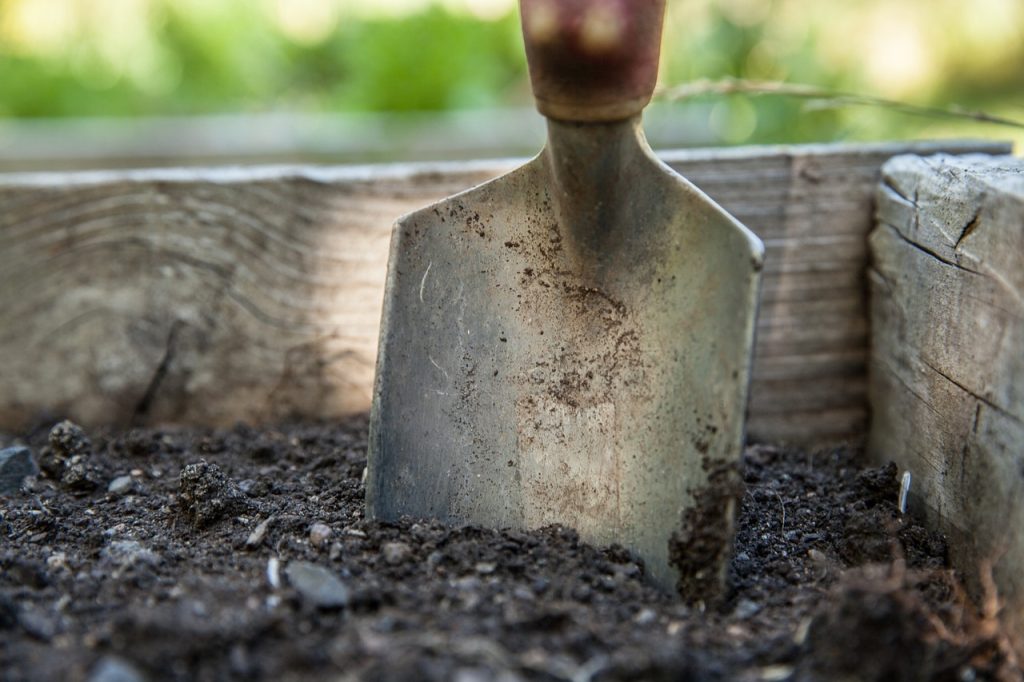Fertilizers help plants grow. They replace nutrients taken by the plants or washed away by rain. There are two types of fertilizer. They are synthetic and organic. Synthetics contain chemically altered products. Organic fertilizers are from natural resources. Organics contain plant, animal or mineral ingredients. Furthermore, organics have not been chemically altered.
 What does N P K mean?
What does N P K mean?
Plants require three major nutrients for survival. They are nitrogen, potassium and phosphorus. Therefore, they are referred to as macro elements.
N – Nitrogen is needed for growth. This includes roots, stems and leaves. It give plants their green color. Consequently, lack of nitrogen causes yellow or pale green leaves. In contrast, too much will kill a plant.
P – Phosphorus promotes strong, healthy root growth. It helps form fruits and flowers. Too little causes stunted growth. Hence, poor fruit and flower development.
K – Potassium or potash regulates the plant’s water retention. It also provides protection against frost and drought. Above all, potassium makes a plant more hearty and disease resistant. Too little causes weak stems. Leaves appear yellowish. Also, edges of leaves may appear burned.
What is balanced, complete or incomplete fertilizer?
A balanced fertilizer contains equal parts of each element. For example, 10-10-10.
A complete fertilizer contains all of the major elements. For example, 10-6-4.
While an incomplete fertilizer is missing one or two of the elements. For example, 0-20-0.
What is a slow release fertilizer?
Slow release fertilizers release nutrients over an extended period of time. Therefore, they don’t have to be applied as often. They are safer for the environment because there is less chance of leaching into the ground water.
Why is proper fertilization important?
There are many causes for unhealthy plants or lawns. The only way fertilizer can help is if lack of nutrients is the cause. Therefore, don’t apply fertilizer to a stressed plant until you know what the problem is. Is it too much or too little water? Is it too shady? Too sunny? Could it be the soil? Test your soil. Look for signs of disease or insects.
Plants that are growing in the wrong location will not respond to fertilizer. Too much will only compound the problem.
The staff at Bayview Garden Nurseries will be happy to assist you. Stop in or give us a call. 609-641-0648

